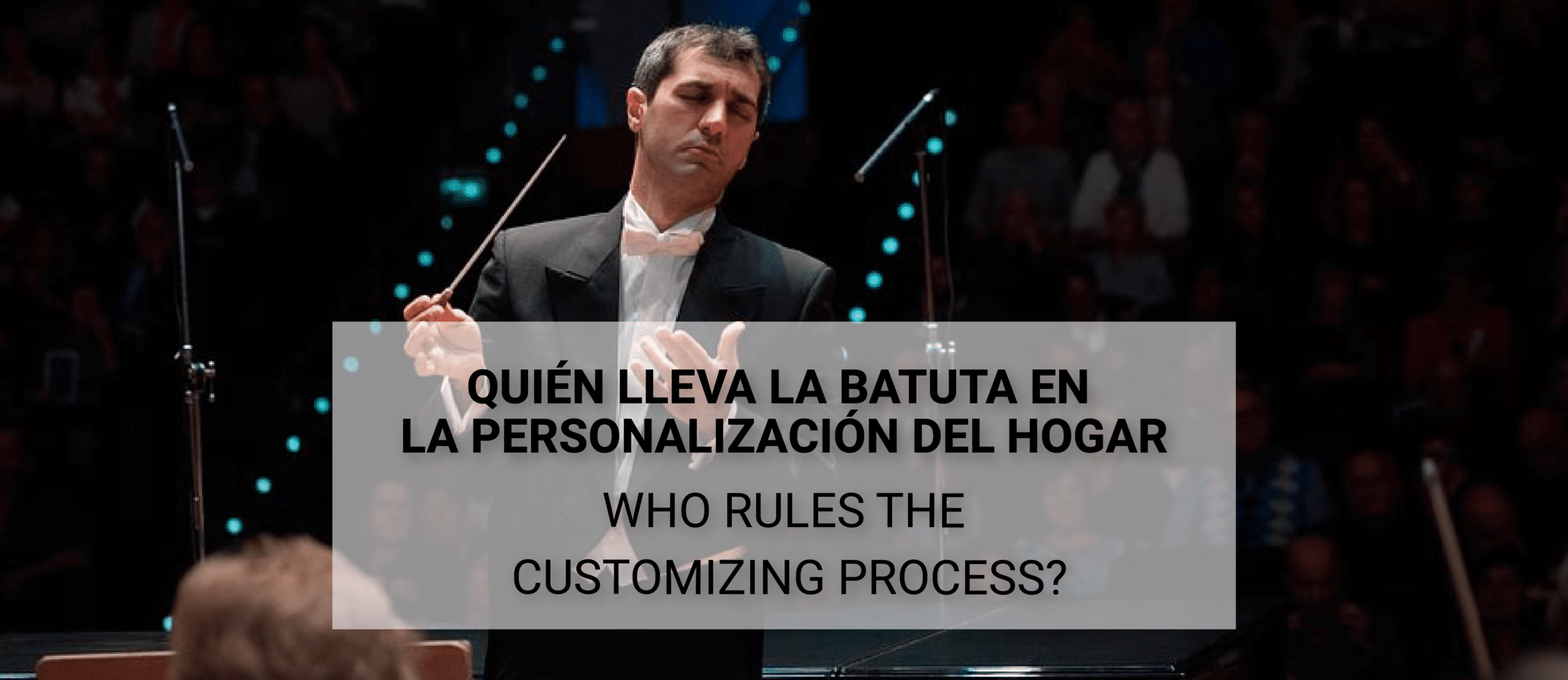The way of relating to customers has changed radically in recent years. Although there are still companies that only sell what they produce, in a sort of monologue of the organizations with their target audience, those who have the most commercial success are those that have placed the customer in the center of their strategy. Blues Simon Group understood it a long time ago, and has implemented it to its philosophy in the Customer Era.
To direct/conduct the strategy of a company towards an experiential model that, in the Anglo-Saxon world has been called customer centric, entails a cultural change that not all organizations understand or are capable of carrying out. Assume that the only way to fully satisfy the customer is to listen to him, it seems simple, but not all companies engage themselves in such dialogue.
The key to dialogue
The first thing that is essential to deploy a strategy focused on the client is to understand that it is not an end in itself, but a transversal philosophy throughout the entire organization that must reach all employees.
Having this assumed, we could say that the first phase would be to know our customers. Something so simple and, at the same time, as complicated as that, because, of such dialogue that we engage with clients, will depend not only the satisfaction we give them at the moment to their specific needs, but also in the future – during the whole project.
In Blues Simon Group we are very clear that, just as those of us who form the staff of the company, we have to “team-up”, with the clients we have to achieve the same thing: make a team. This does not mean, nor much less, giving customers everything they want as if it were a blank check, since our mission has to be to advise them professionally, based on their wishes – which by the way, do not always have/happens to be viable.

The importance of the team
New technologies, from social networks to 3D designs or virtual reality, are tools that we put at the service of this experiential approach. However, we should not mortgage our entire culture towards the customer in this digital transformation, but this should only help to improve the experience of our customers.
In this sense, it is very important to have an adequate team, who has assumed and insight this philosophy and thus to can understand, listen and dialogue with the client, to identify their needs and desires. It is not only about providing the best solutions to the client’s problems, but also helping them in their decision-making, identifying us as a support of their confidence.
The way to reach that point is to get our team to identify that customer satisfaction as being itsown satisfaction, enriching it. We do not only talk about the Sales Department or Customer Service, but absolutely all the employees, involved in understanding the clients and their needs.
Continuous contact
The relation between company and client has to evolve with respect to the traditional models, in which once was closed the sale, was cut off sharply any contact. Customers evolve as the market evolves and Blues Simon Group has managed to position itself as a “travel companion” that, without being intrusive, encourages continuous feedback of their clients.
Reaching that level of attunement can be complex but if it is achieved, in addition, in a natural way and as a habitual routine, it is even possible to anticipate the needs. From the business perspective more net, we consider that this phenomenon will bring us a competitive advantage over our competitors.
That is the way to build loyalty to current customers and, while retaining them, help to pave the way for new customers that will surely come, as a result of being referenced.







Leave A Comment